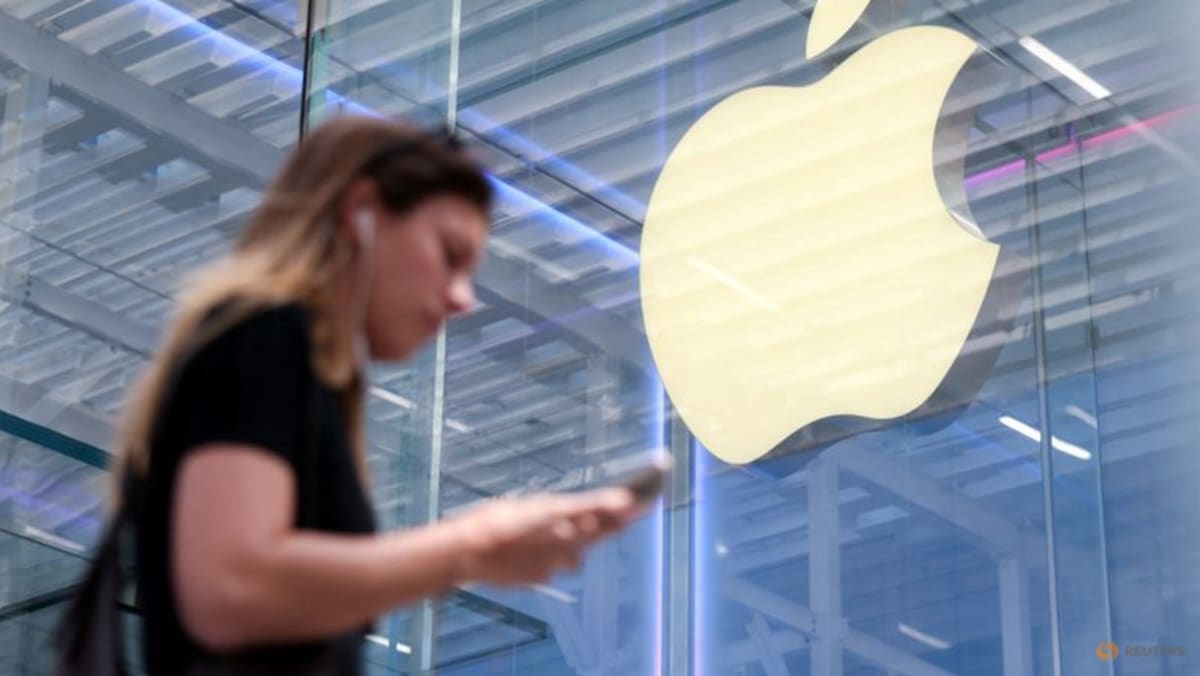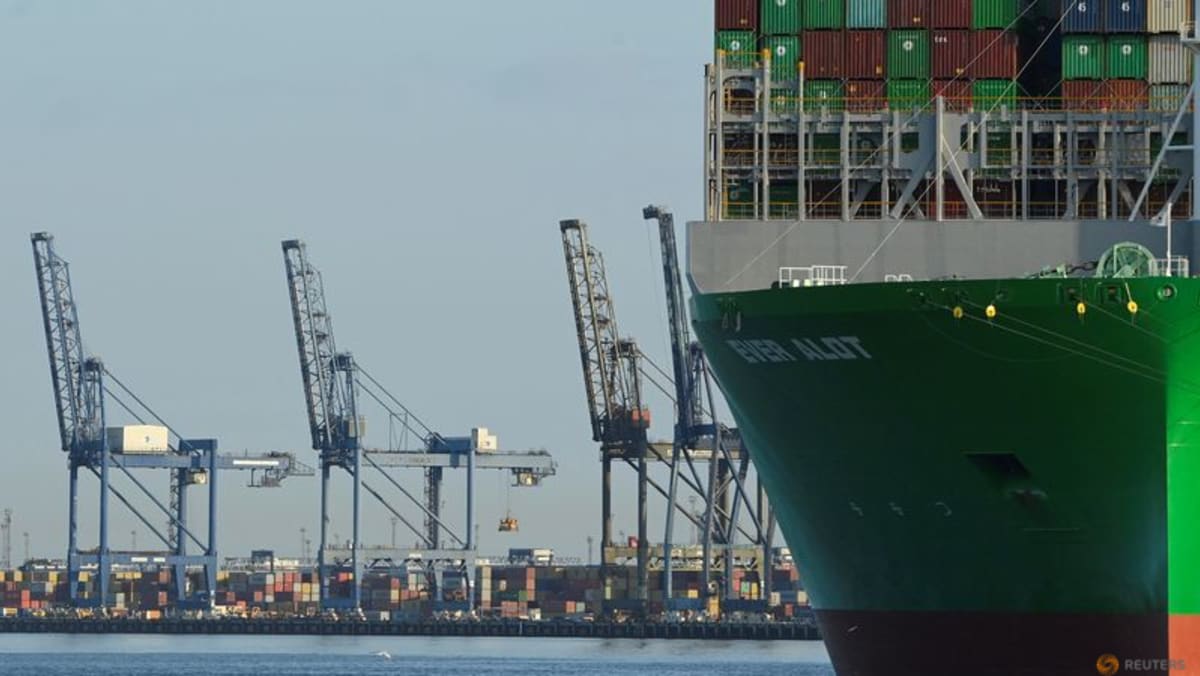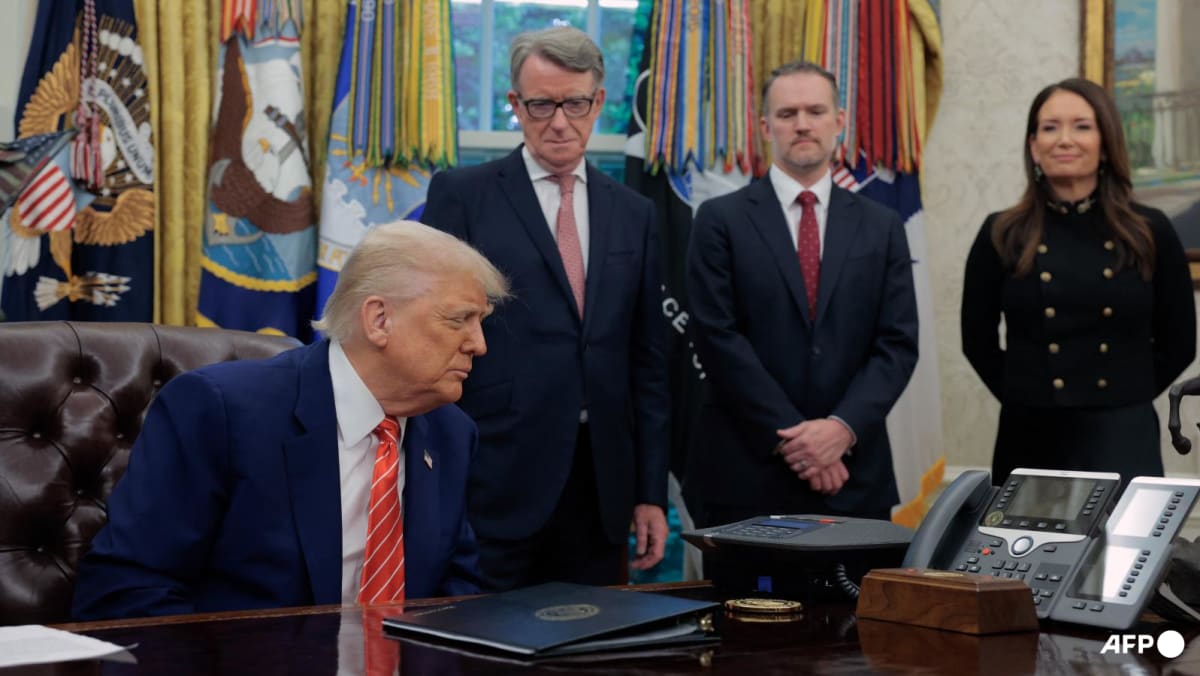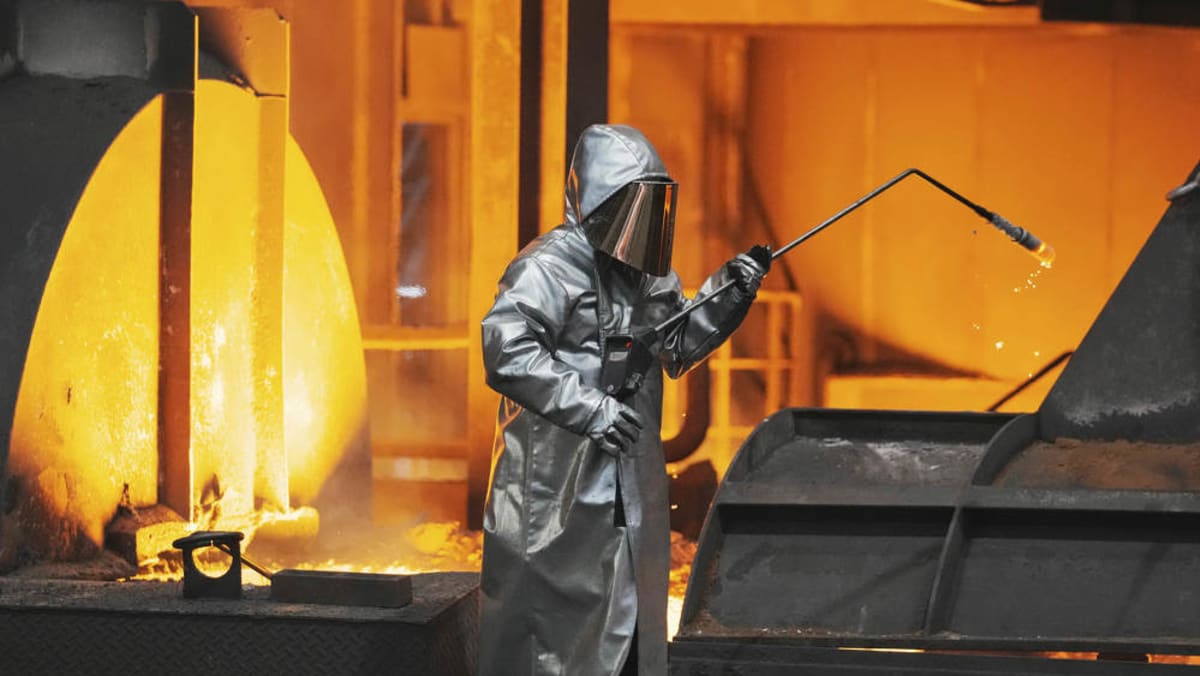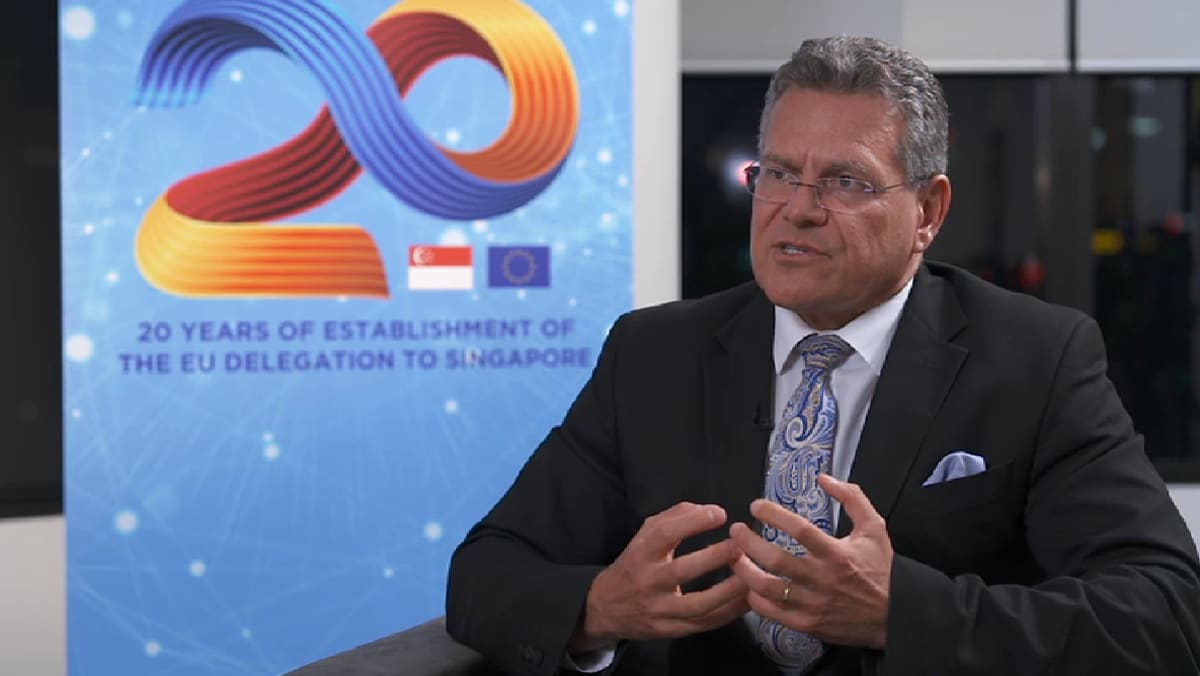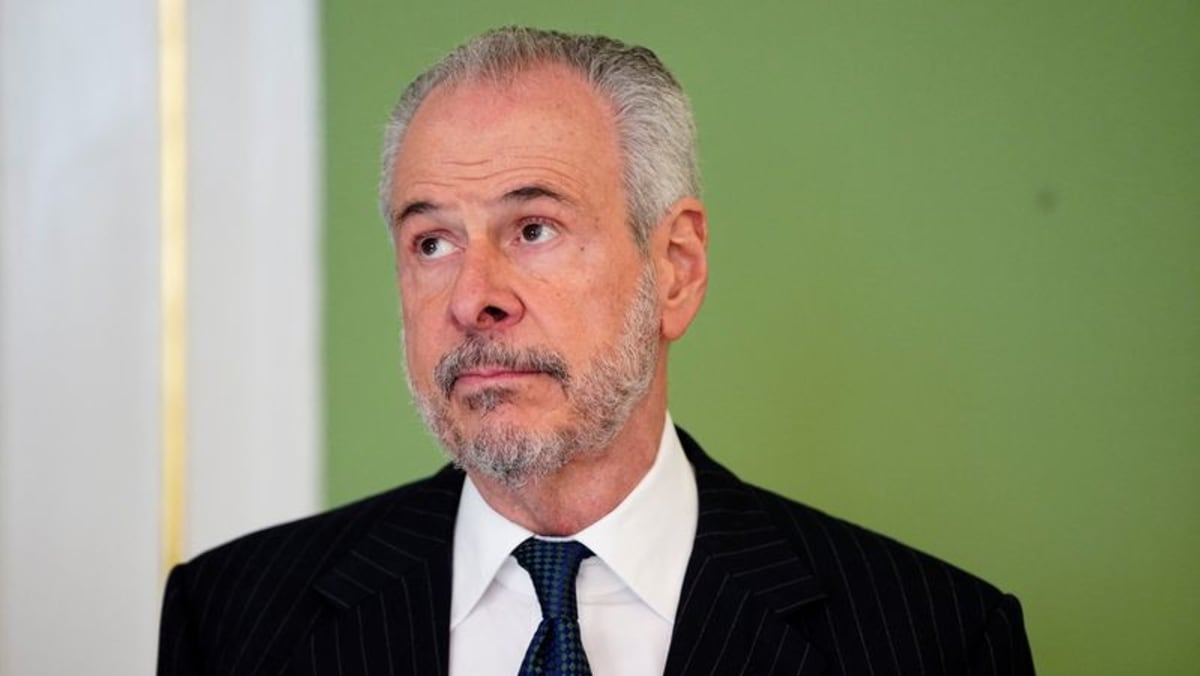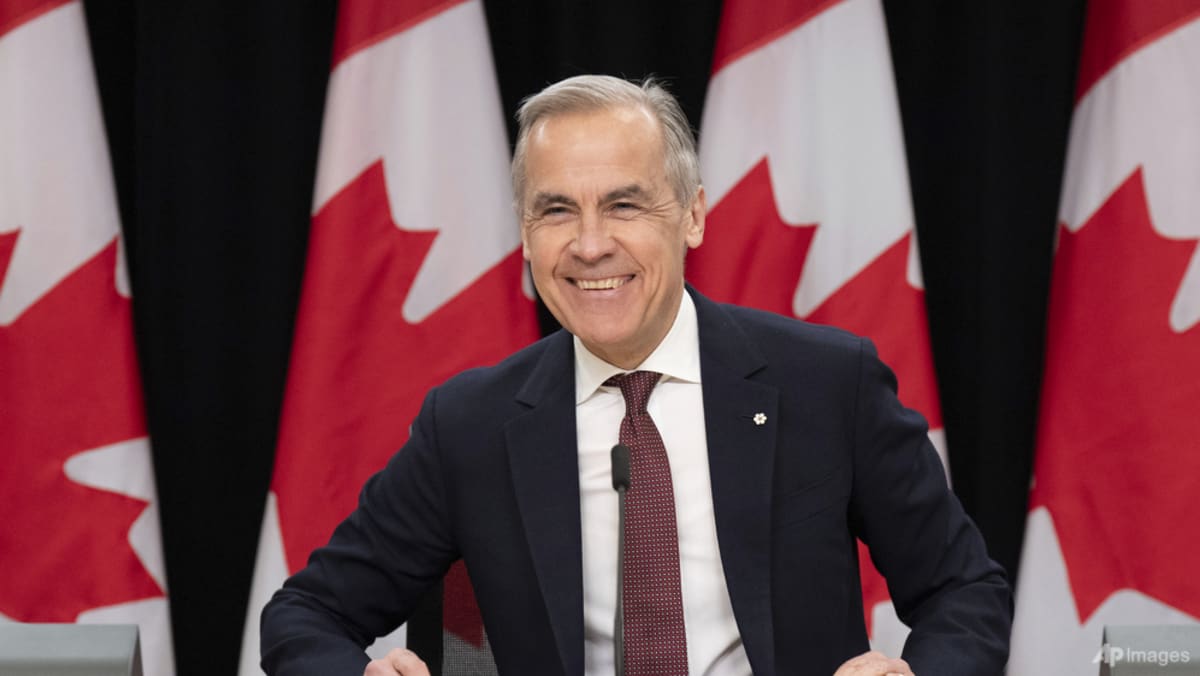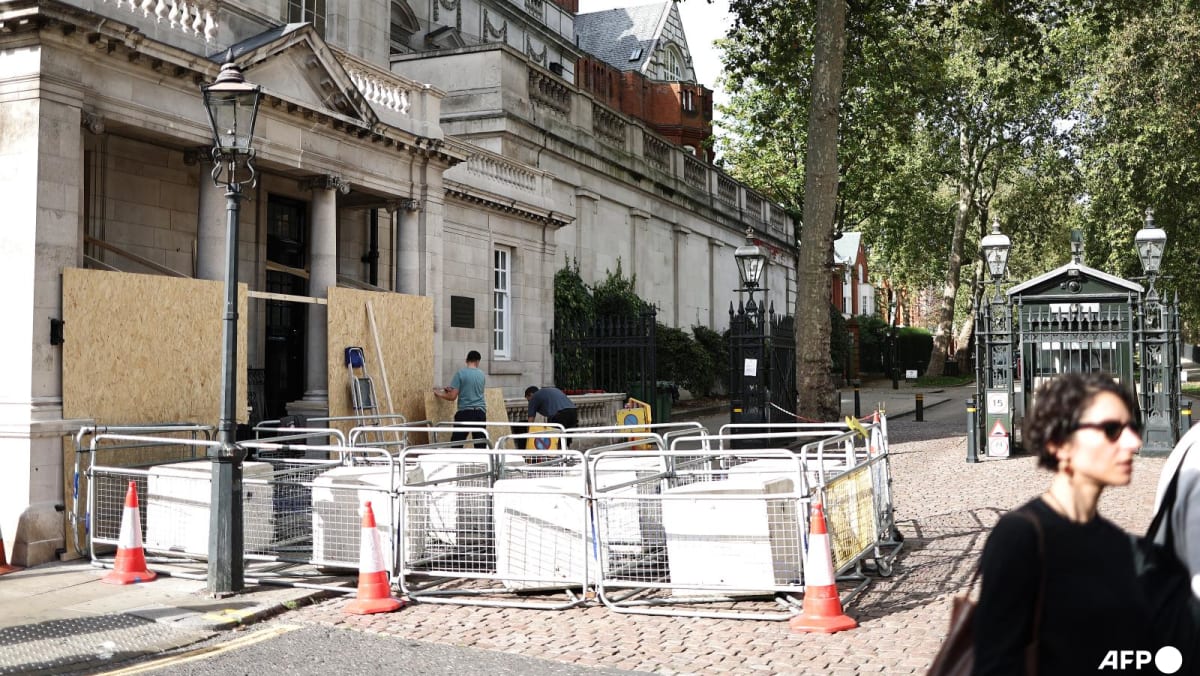NARROW SCOPE
A British official had said that the scope of any agreement was likely to be narrow, with Britain expected to secure lower tariffs on a tranche of steel and autos exports.
In return, Britain is likely to agree to lower its own tariffs on US cars and cut a digital sales tax that affects US tech giants.
It had refused to lower its food standards, which are closely aligned with the European Union. However, Britain’s farming trade union has said that some US producers do meet British standards by not using growth hormones or antimicrobial washes, and could be given greater market access.
Starmer’s government has been walking a tightrope on trade, seeking as an independent country after Brexit to build new ties with the US, China and the EU without moving so far towards one bloc that it angers the others.
There are also political threats on the domestic front.
Polling shows the government remains deeply unpopular after it cut support for pensioners’ energy bills and hiked taxes on households and companies, making any move to cut taxes on multi-national tech companies a big risk.
POLITICAL RISK
Britain’s digital service tax, levied at 2 per cent of UK revenue for online marketplaces, search engines and social media platforms, was introduced in 2020 in response to an outcry about tax avoidance by big tech.
It was expected to raise about £$800 million (US$1.1 billion) this year, with more than 90 per cent coming from five big tech firms, according to a 2023 report by lawmakers.
The status of the 10 per cent “baseline” tariff imposed by Trump on most countries including Britain, or any threatened tariffs on the pharmaceutical industry, was unclear.
Parliament has said that Britain exported £$7.2 billion (US$9.6 billion) worth of medicinal and pharmaceutical products to the US in the year to September 2024, the second largest sector behind cars.
Economists and one FTSE 100 chief executive said the immediate impact of a tariff deal was likely to be limited for Britain but that trade agreements in general – it struck a free trade agreement with India earlier this week – would help to produce growth in the long run.
“The American, Indian and other deals we can do will be really important to the long-term economic health of the UK but don’t expect them to result in overnight euphoria,” the CEO said, speaking on the condition of anonymity.
JPMorgan economist Allan Monks said the upside would be limited if the 10 per cent tariff stayed in place.
“With the UK having broadly balanced goods trade with the US, a reasonably good political relationship, no real threat of retaliation from Westminster and extensive bilateral negotiations having taken place, it is not clear where the UK can go from here,” he said.


